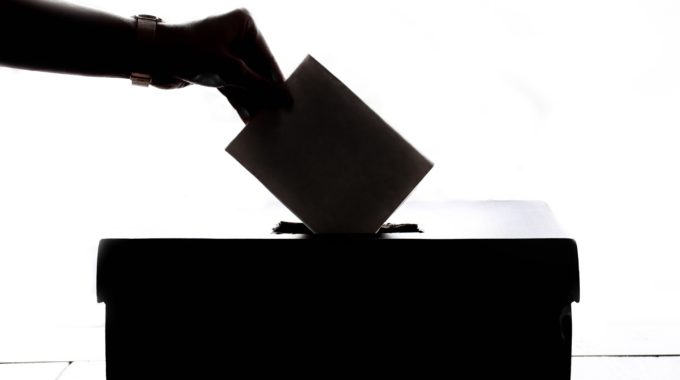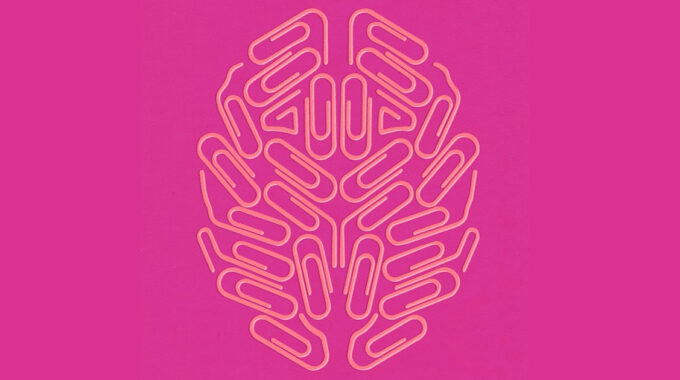
How to Decide Which Task Requires More Attention?
People have become oblivious to the tasks they have been putting their best efforts, energy, and intellect into. In this day and age, a massive amount of attention is going to the use of electronics, excessive workload, and the emergence of hustle culture. It has resulted in brain fog, absent-mindedness, and a lack of focus in individuals. What many may not realize is that it might slowly and gradually turn into a significant problem. Individuals may find themselves in a scenario where paying attention to specific things that were formerly their choice becomes very hard since they can no longer steer their minds and thoughts. As a result, this Chicago Booth Review article focuses on a YouTube video from their channel that discusses how to evaluate which task requires paying more attention.
According to the findings of a study conducted by a group of academics led by Chicago Booth’s Eric Zwick, people’s decisions indicate that they do not think about which activity is worth paying more attention to. The research revealed that individuals often make inaccurate choices, readily diverting their attention to distractions that may not bring them productive results. This simply refers to the fact that people are typically more drawn to distractions that do not provide value for their time or energy than they are to the significant things in their lives. The article then outlines the “rational inattention hypothesis,” which holds that people fully understand the consequences of merely wasting their time rather than staying put and doing something constructive.
According to the findings of the study, the more you get out of doing something, the more likely you are to spend your time and energy on finishing the task. All of the trials conducted by the researchers paid the applicants for paying attention and figuring out the little details that needed to be corrected in the presented text. However, the researchers discovered that participants ignored the reminders in all of the experiments. According to the article, the findings might be applied to many aspects of today’s “distraction economy.” Finally, the study postulates that employing suitable reminders is one strategy for remaining focused and adhering to time constraints. If people are not allocating their attention properly amid all the distractions, they should explore interventions to help them get closer to what they should ideally be doing. As explained in the article, one option is to make and follow reminders.
Individuals must understand the significance of assigning specific periods to several tasks that they need to perform. Distractions, on the other hand, frequently lead people to lose concentration and stray away from what they should ideally do. The preceding are some critical tips that may assist you in determining which chores require paying more attention.
There are specific subjects that you need to pay attention to, to grow in your career. The Chicago Booth Accelerated Development Program (Chicago Booth ADP) offered by the University of Chicago Booth School of Business gives you tools to grow in your career.


















